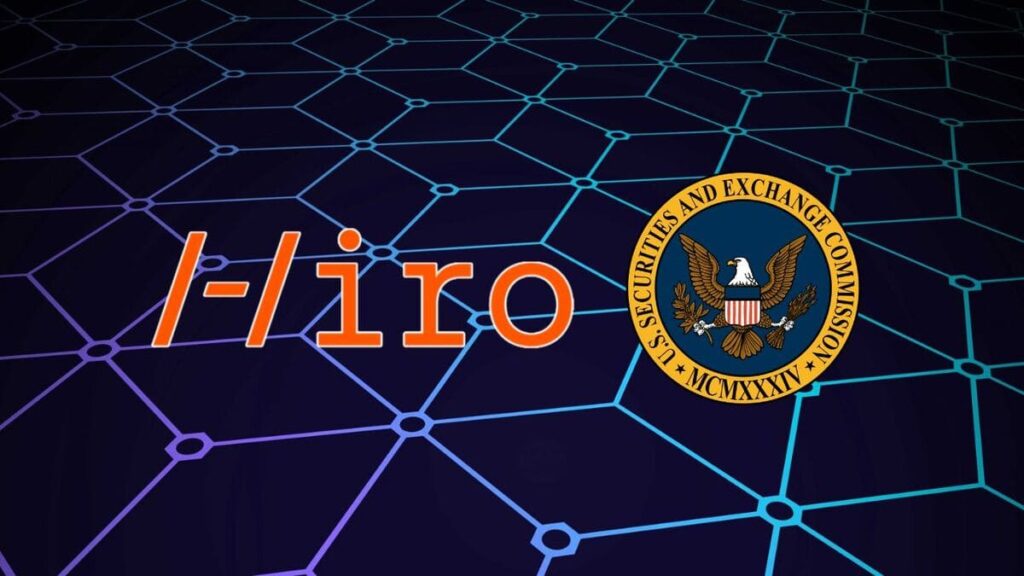TL;DR
- The SEC has concluded a three-year investigation into Hiro Systems, a blockchain software development company.
- The SEC’s decision not to recommend regulatory actions against the company marks a victory for the crypto industry in its confrontation with the U.S. regulator.
- The focus of the investigation was on Stacks protocol, a layer-2 blockchain designed to complement Bitcoin, developed by Muneeb Ali of Trust Machines.
The U.S. Securities and Exchange Commission (SEC) has concluded a lengthy three-year investigation into Hiro Systems, formerly known as Blockstack. Hiro is a blockchain software developer that raised $70 million through token sales between 2017 and 2019. The decision not to recommend enforcement action against the company represents a victory for the crypto industry in its longstanding battle with the U.S. regulator.
The investigation focused on the Stacks protocol, a layer-2 blockchain designed to complement Bitcoin, conceived by crypto industry veteran Muneeb Ali, who is currently CEO of Trust Machines. Initially, Hiro treated its tokens as securities, operating under relevant regulations like Regulation A+ for limited public sales of securities. However, over time, the company argued that the Stacks protocol had decentralized enough to no longer require its tokens to be classified as securities.
The interpretation was debated and scrutinized, which initiated a formal investigation into the matter in September 2021. The official conclusion of the investigation, disclosed in a filing submitted on Friday, ends the uncertainty surrounding Hiro and removes the potential threat of imminent regulatory actions.

The SEC Has Not Exonerated Hiro or Stacks
Despite the favorable decision, it has been clarified that this does not fully exonerate the company, and future regulatory actions could result from additional investigations. Nevertheless, this represents relief and progress for Hiro. The company remains committed to decentralization and strengthening the Stacks network, aiming to provide innovative tools for developers looking to create applications on the platform.
The closure of the investigation could also have implications for the regulation of tokens and blockchain projects in the United States. It could signify a shift towards greater regulatory understanding and acceptance of decentralized models, setting an important precedent that may influence future policies and regulatory approaches.










